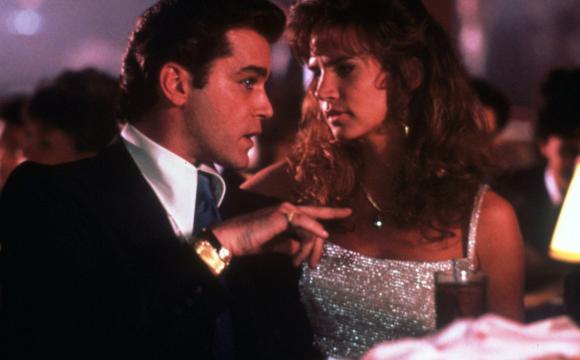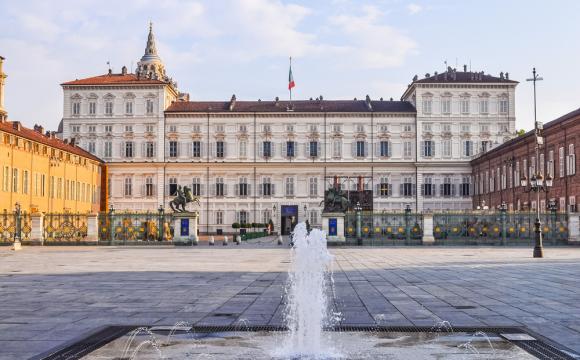
(ANSA) - In a television interview to be aired next week, Premier Silvio Berlusconi says he tried to convince American President George W. Bush not to invade Iraq.
In the lengthy interview to be shown on private TV channel La7 on Monday, Berlusconi says that: "I was never convinced that war was the best way to make a country democratic and to bring it out of a bloody dictatorship."
"I tried several times to convince the American president not to wage war... I tried to find other ways and solutions, even through joint action with African leader (Libya's Muammar) Gaddafi. We didn't succeed and there was a military operation but I believed military action should have been avoided."
Berlusconi is a staunch ally of Bush and took a pro-US line on Iraq despite opposition from the centre left and strong anti-war sentiment amongst the Italian public. Italy did not participate in the 2003 war on Iraq but gave Washington permission to use its air space and transport infrastructure, and Italian bases for technical stop-over and refuelling needs.
It now has some 3,000 troops serving there, mainly as part of a British-led multinational stabilization force in the southern part of the country. The Italian contingent is the fourth largest after those of the US, Britain and South Korea. The exclusive interview with La7 was the longest
interview given by the centre-right premier, who is standing for re-election next year, in six months.
The comments sparked controversy and government supporters on Sunday sought to ease polemics. Deputy Premier and Foreign Minister Gianfranco Fini said that "I remember that we tried up until the last possible moment to persuade Bush and (British Prime Minister Tony) Blair not to attack Iraq."
"As Berlusconi has said many times before, even in Parliament, the Italian government was never convinced that military intervention in Iraq was the only solution. And we proved that by not taking part in the war against Saddam," said Fini, Berlusconi's biggest coalition ally.
Sandro Bondi, the national coordinator of Berlusconi's Forza Italia party, said that "I'm surprised by the reactions to the premier's comments. It isn't and never was a mystery that Berlusconi sought to avoid the Anglo-American intervention in Iraq, especially by appealing for European unity and solidarity between Europe and the US because that could have forced Saddam Hussein to
disarm and collaborate with the United Nations."
The interview will be aired on Italian private TV channel La7 on Monday, coinciding with a trip to Washington by the premier. Berlusconi will hold talks with Bush on Iraq and other issues during his one-day Monday visit to the US.
But the premier's comments surprised some political observers and members of the opposition, who said Berlusconi was trying to distance himself from the unpopular war in Iraq ahead of next year's general elections.
Berlusconi is one of Bush's staunchest European allies and took a pro-US line on Iraq despite opposition from the centre left and strong anti-war sentiment amongst the Italian public.
Opposition leader Romano Prodi, who will face off against Berlusconi in the elections, said on Saturday: "What's happened? Has the premier finally realised that the war was a mistake? Well then he should come out and say so. And he also told Bush about his reservations? Well then
that means he counts for nothing, absolutely nothing," added the former European Commission chief, who is ahead of Berlusconi in the opinion polls and has promised to withdraw Italian troops from Iraq if he is elected.
The Green party said: "Berlusconi's words are extremely serious because they show he set aside national sovereignty in order to strengthen his ties with Bush... He involved Italy in a conflict which even he himself did not consider right and in doing so, legitimised America's actions."
The party renewed its call for an Italian troop pullout saying that "to err is human but to persist is devilish."
The government withdrew 230 troops earlier this year and Berlusconi said last week that he hoped to withdraw the rest of the contingent by April, when the elections are due. The premier stressed the pullout would have to be agreed with the United States but added "it would be the best
solution."












